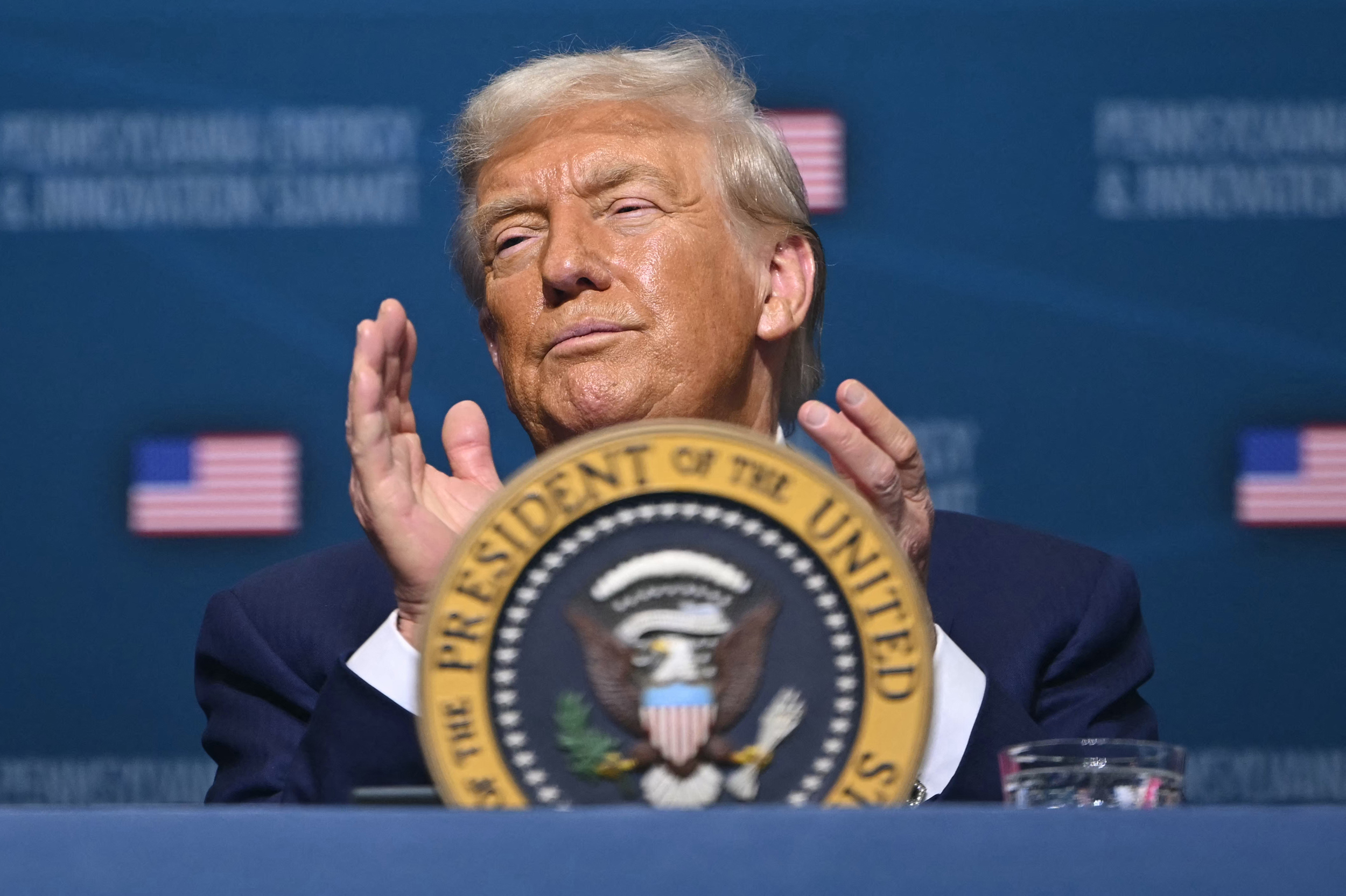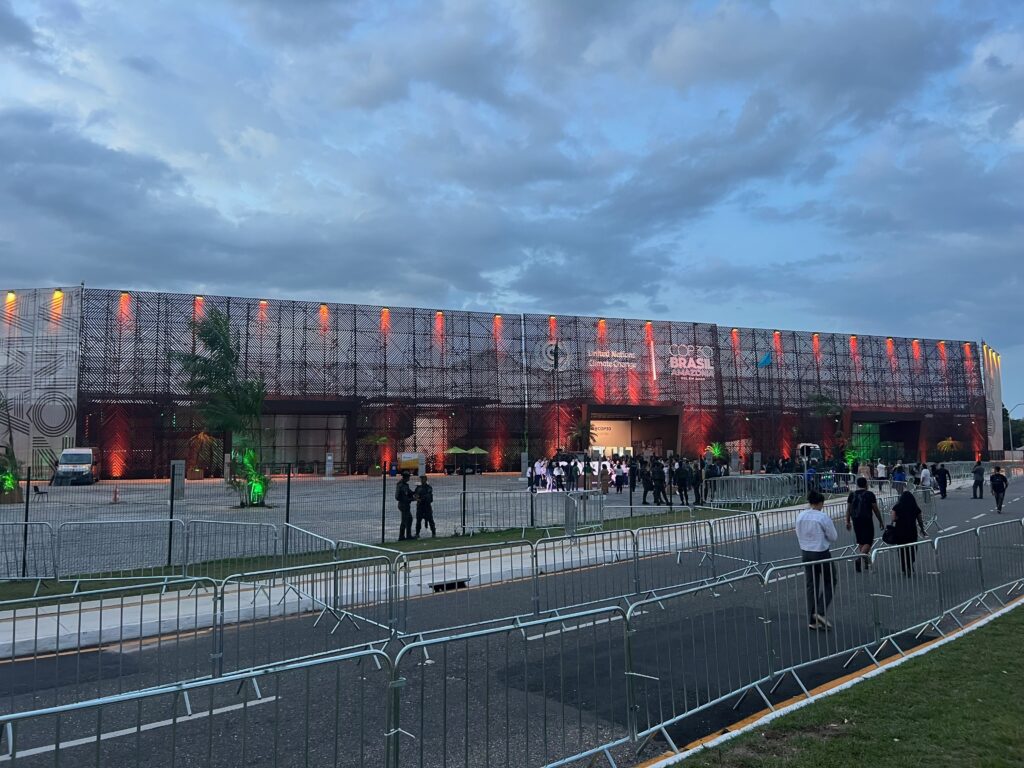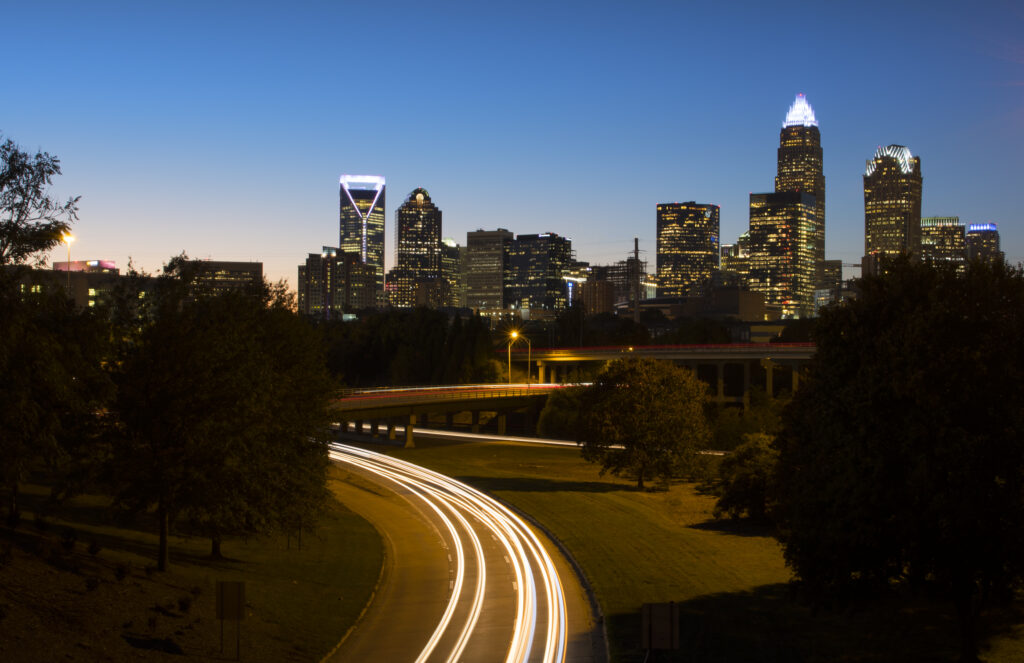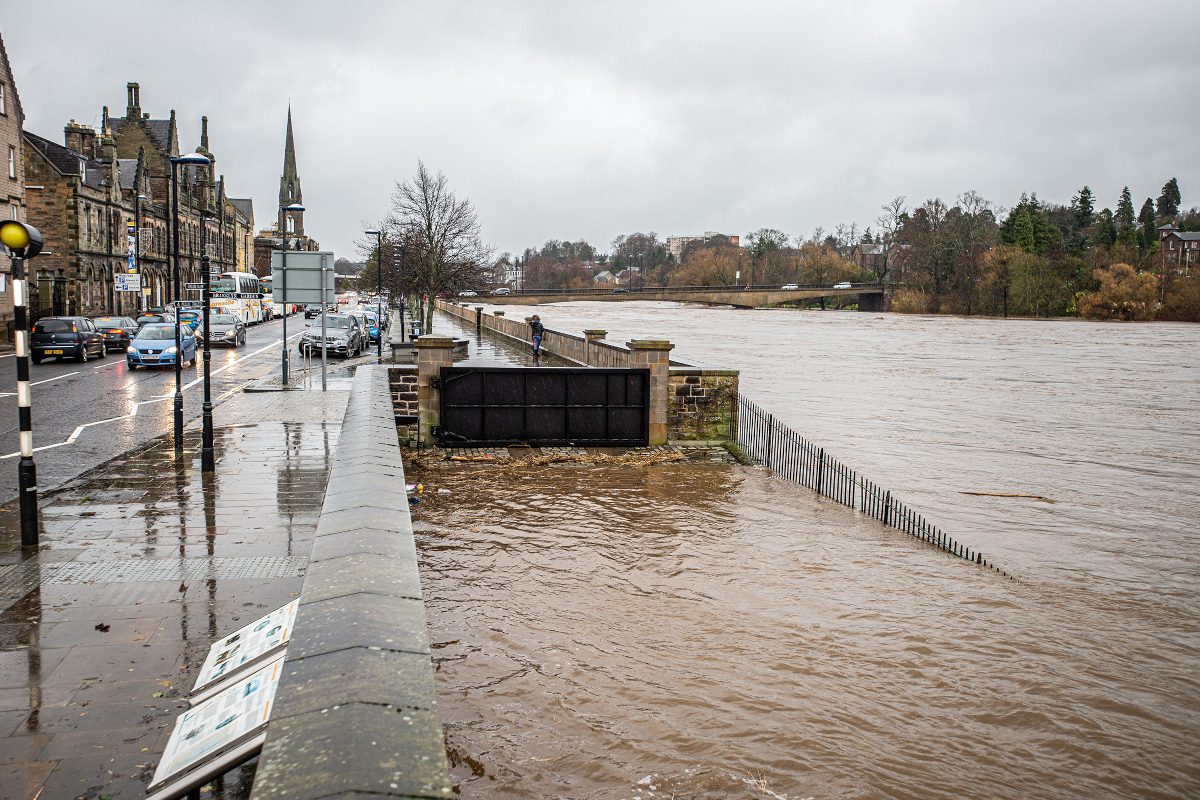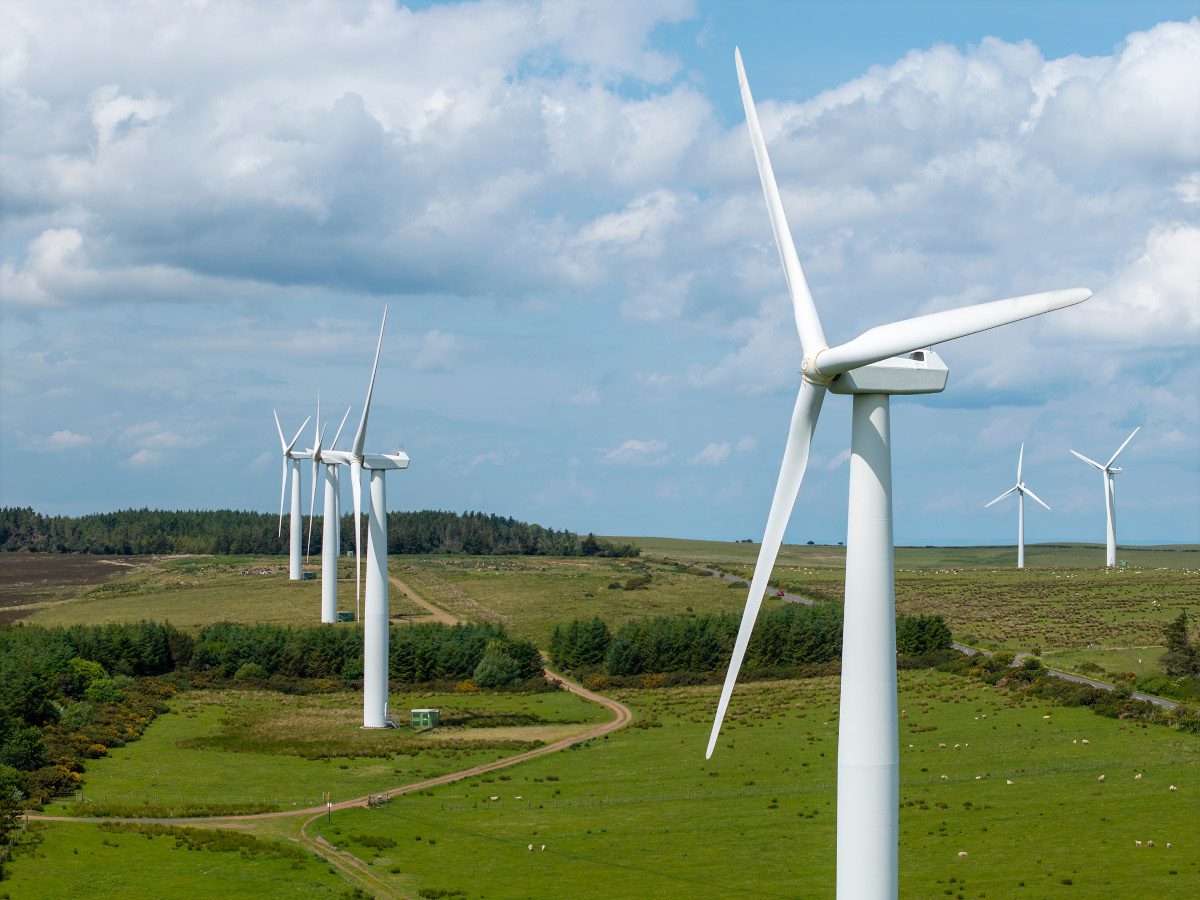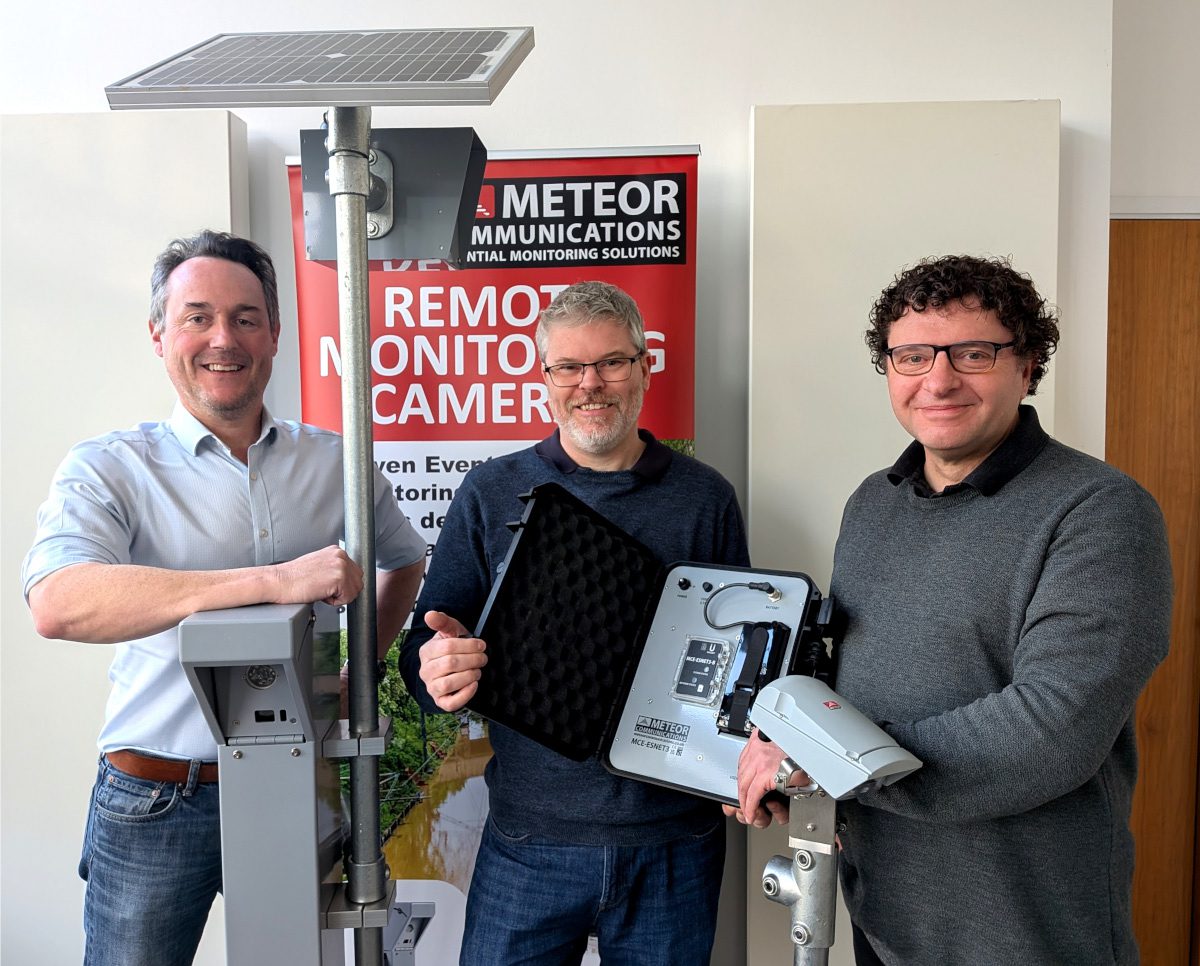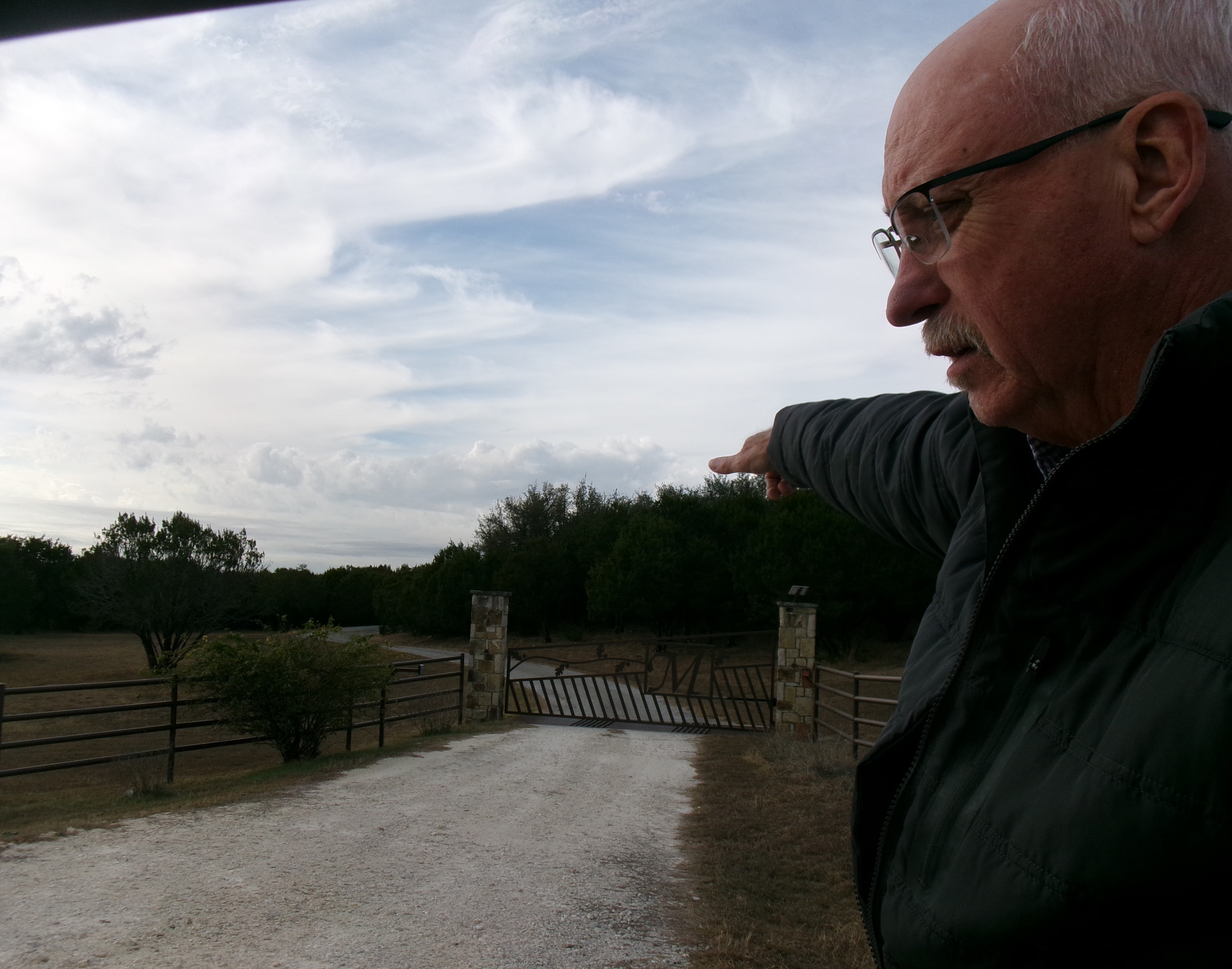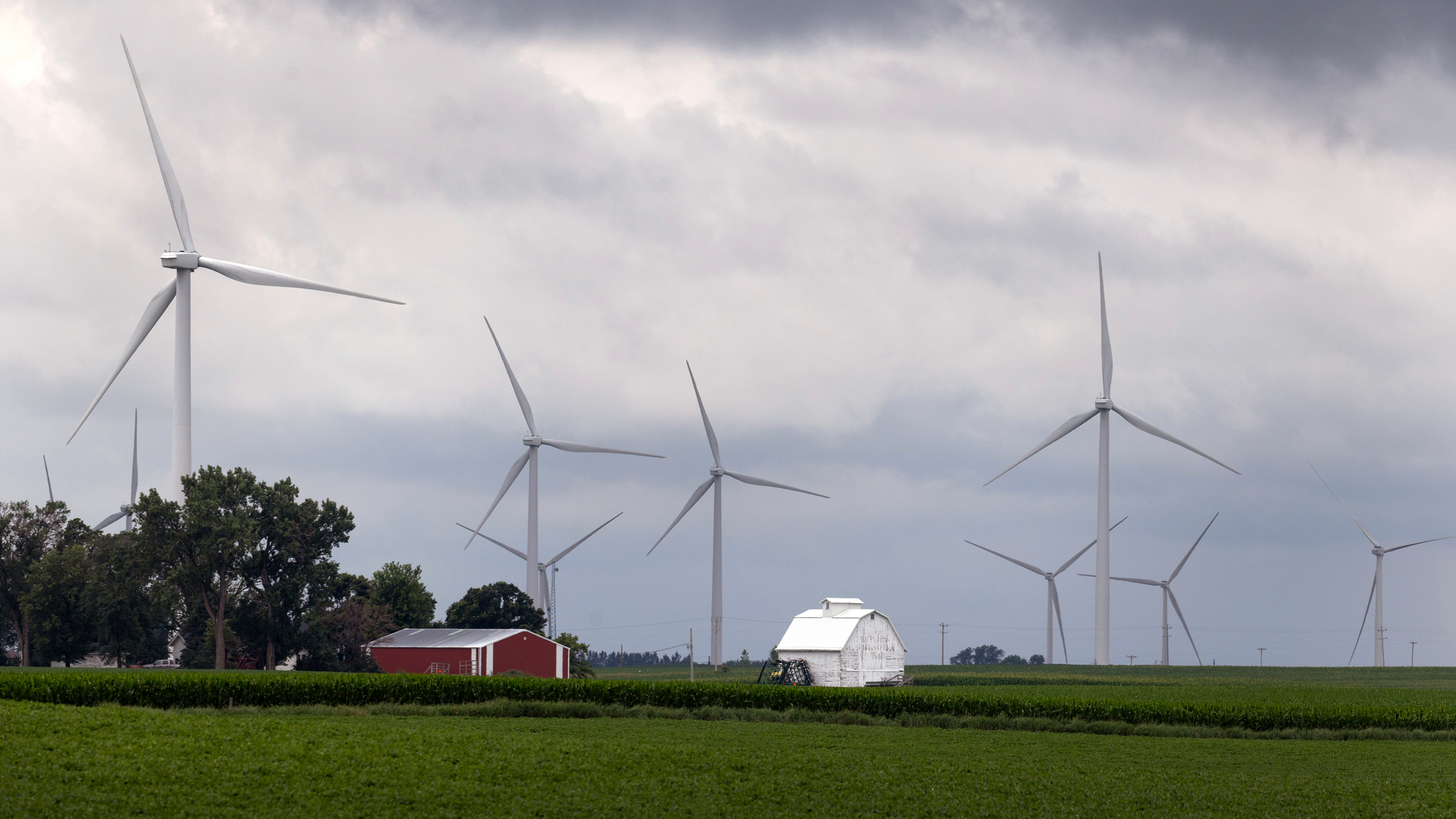With few signs that 30 years of United Nations climate talks have significantly slowed the pace of the greenhouse gas emissions warming the climate, calls to revamp the negotiations have grown louder, and some experts say a stronger push for gender equity could be a key first step toward better outcomes.
Many ideas for reforming the Conference of the Parties (COP), the United Nations Framework Convention on Climate Change’s annual meetings—for instance instituting voting instead of consensus decisions or changing the way host countries are selected—would require agreement from nearly 200 member nations, and are thus seen as unrealistic.
But the member states have already committed to improving gender equity in a series of previous decisions, so focusing on this effort, and on expanding feminist values within the UNFCCC more broadly, could be a promising path toward reform, according to some climate policy experts.

There’s little doubt about the gender imbalance in the annual talks. As last year’s COP28 in Dubai ended, conference organizers released an image of about 50 men and no women to promote the talk’s final agreement. And a few months later, as planning for COP29 in Baku began in January 2024, the government of Azerbaijan announced an all-male, 28-member leadership team. The government quickly added several women after facing scathing criticism for the original lineup.
Despite the quick response by the COP29 organizers, the apparent complete lack of gender awareness as planning began for the conference, as well as the all-male image from Dubai, illustrate current inequities, said Jennie Stephens, an activist and professor of climate justice at Maynooth University’s ICARUS Climate Research Centre in Ireland.
The feminist vision for climate justice is of a world with full human rights for everyone, free of discrimination, with people flourishing on a healthy and sustainable planet, according to a 2023 report by UN Women, a United Nations expert group.
Making that vision real requires shifting economic and social policies “away from pursuit of growth at any cost and profits for the few,” the report states. In that transformation, “Care comes to the front and centre, raising the question of how societies can collectively organize care for people and the planet,” the report added.
By contrast, Stephens said the UNFCCC’s current approach relies on a belief that dealing with the climate crisis requires technological solutions shaped by masculine world views of control, like carbon capture or geoengineering. She noted that such ideas are most strongly promoted by authoritarian, patriarchal countries like Saudi Arabia, which has been documented as consistently blocking progress on climate action for the past 30 years.
UNFCCC officials were not available for an interview in time for this story, but in response to a request for comment pointed to numerous recent initiatives, including in-session workshops aimed at implementing the organization’s gender action plan in real time, and high-level gender-focused events at COP29 and previous conferences, all of which have narrowed, but not closed the gender gap.
Striving for gender equity means far more than just ensuring an equal number of men and women at the conferences or in publicity images, Stephens said.
“It is not just about the number of women,” she said. “It’s about diversity that brings different perspectives and allows us to get to where we need to go, and not getting stuck on an approach that isn’t working.”
The current framework to solving the climate puzzle relies on a “very scientific, technological, control, engineering, we-can-fix-this approach to thinking about climate that has some very masculine traits to it,” she said, referring to a 2024 paper she published on the dangers of what she calls “masculine technological optimism.”
The technocratic approach at the climate summit “limits public discourse because it excludes people for whom these abstract, scientific terms, or the technological details may not be meaningful,” she wrote in the paper. “It makes the challenge seem distant and unapproachable,” because this “very technical way of discussing climate change resonates with only a small subgroup of society.”
In wider society, many proposed technical solutions—purchasing an electric car, for instance—are unaffordable and thus not an option for many people. Consequently the focus on tech solutions can sometimes leave people feeling disempowered and disengaged, other research shows.
It’s part of a vicious circle, with racial, gendered and economic injustices that persist in educational systems leading to a “lack of diversity in the fields of science and engineering,” she wrote, “that limits the scope of inquiry and constrains the types of connections that are made among science, technology, and society.”
A discussion about gender in the context of the UNFCCC climate talks is “an invitation for everyone to consider themselves feminists, not just women,” she said. “It’s about understanding power structures within society; the advantage some have over others because of these legacy cultural biases that contribute to them and reinforce them.”
At COP28 in Dubai, just 36 percent of the delegates were female, increasing to 41 percent this year at COP29, and of the 78 heads of state and government attending this year’s conference, only eight were women.
Getting Better
The situation used to be much worse, said Kalee Kreider, a Washington, D.C.-based public affairs and environmental advisor who has attended several COPs in various roles, including as a civil society observer.
Kreider recalls waiting to speak with delegates at early COPs.
“We wanted to talk about substantive issues and we had to wait outside the meeting rooms, where most of the negotiators were men,” she said. “When they came out, they would go straight to the men’s bathroom, and then they’d be talking in there to avoid you. And I can even remember, we would bust into the men’s bathroom.”
“I don’t know if that’s patriarchy or what it is, but at some point, you become desperate to gain access,” she added.
She said the gender situation at COPs improved when Christiana Figueres, from Costa Rica, took over leadership of the UNFCCC in 2010 and helped guide the world toward the 2015 Paris climate pact.


While that was an exciting development for Kreider and other women involved with the climate summits, it was only one incremental improvement in a process that was still dominated by men.“If you look at those head of state class photos, at who’s at the very top of the leadership of the UNFCCC, it’s still pretty daunting,” she said.
As the annual COPs have grown the past few years, Kreider said she’s concerned about the increasing role, and perhaps influence, of philanthropic organizations stepping up to fill UNFCCC funding gaps. While charitable organizations may do important and beneficial work at the climate summits, she said, they can also perpetuate gender divides.
“They have agendas of their own,” she said. “And speaking of patriarchy, where does most of that philanthropic money come from? It’s hedge funds. And it’s large corporate money, and it’s white men.”
Misogynistic Backlash
The Paris Agreement, hard-won under Figueres’ leadership, has brought tenuous progress on climate. Before the pact, some climate models suggested that by 2100, Earth could heat as much as 5 degrees Celsius (9 degrees Fahrenheit) above the 1850 to 1900 baseline average global temperature, which would be unsurvivable for many species. Since the agreement, the projections for 2100 are closer to 3 degrees Celsius of warming—better, but still terrifying to climate researchers.
The series of annual talks and the ongoing work between COPs have also mobilized hundreds of billions of dollars in various types of climate financing to help pay for transitions to low-carbon energy systems, along with investments in adaptation measures to make communities more resilient to climate impacts like floods and wildfires.
But even that little bit of progress now faces threats that are at least somewhat connected with gender, said Stephens, the Maynooth University researcher. She has attended past COPs as part of the Women and Gender Constituency, which, she said, “is supposed to have a voice and it has a seat at the table.”
“But it’s performative. It’s like, ‘OK, you gave a speech,’ but then it doesn’t get integrated into the COP priorities,” she said. “That’s why I think some people don’t expect much from the process anymore.”


In the end, what happens at the annual meetings is a reflection of what member countries bring to the table, and outside the UNFCCC there seems to be a broader conservative backlash against feminist values that affects more than just climate policy, she said.
“In some ways, we are kind of moving into more patriarchal, authoritative political regimes,” she said. “And it’s not just about the number of women in leadership. Because you can have authoritative women who are not feminists.”
Climate and the Culture Wars
“The entire far-right thing by now is a project that is partially under female leadership,” said Laura Horn, an associate professor of social sciences at Roskilde University in Denmark, who studies links between electoral politics, voting and gender.
Horn singled out Italian Prime Minister Giorgia Meloni, “a woman who is currently dismantling whatever is left of the Italian welfare state with the snap of her finger,” she said. “She has basically plunged thousands of people into abject poverty.”
The French far-right National Rally is led by Marine Le Pen, and Germany’s nationalistic Alternative für Deutschland (AfD) also has chosen women as some of its most powerful leaders.
Despite more women occupying conservative leadership positions, gender and climate have become part of a culture war fueled by far-right nationalist parties all over the world in recent years, she said.
“The ability of the far right to jump on this anti-woke discourse is amazing,” she said. “The idea that some kid with colored hair and nail polish that uses pronouns is the apocalypse of Western civilization is insane, but it also shows the level of fear you can instill in people.”
Many of the right-wing parties gaining more power in some European countries and in the U.S. include climate denialism and an aversion to renewable energy as part of their portfolio; it’s a widespread global theme, she said.
If such political parties gain even more strength and influence, they could roll back national climate policies, as President-elect Donald Trump has vowed to do in the U.S., hindering the efforts of the UNFCCC and other global environmental initiatives.
The European Union Parliament, as well as several individual countries in Europe, are also under pressure from the right, with attacks, for example, on agriculture and transportation policies that are crucial to meet emissions reduction goals. In Germany, which is seen as a climate leader, even some centrist parties are talking about delaying the phaseout of internal combustion engines that burn fossil fuels.
This story is funded by readers like you.
Our nonprofit newsroom provides award-winning climate coverage free of charge and advertising. We rely on donations from readers like you to keep going. Please donate now to support our work.
Donate Now
Since the annual UNFCCC talks happen within that broader global context, Stephens said that efforts to address gender equity have to happen at a societal level.
“A lot of my work is about shifting from what I call climate isolationism to thinking about how we need to invest in people and communities so that they can thrive while we’re also phasing out fossil fuels,” she said.
“We really need to embrace a climate justice lens, which is a more feminist perspective,” she said. “It’s more holistic, it’s thinking about the whole society. It’s thinking beyond carbon emissions.”
That is a different approach than doing quantitative technical accounting of greenhouse gas emissions and focusing on tech solutions to reduce them.
“There’s a role for that, of course, and there’s a role for technological innovation,” she said. “But we have not been focusing on social innovation, like ‘what are the systemic changes that are needed in our economic systems?’”
Stephens said some of her current research focuses on climate economics because the concentration of wealth and power in the hands of just a few white men has become even more extreme in recent decades than previously.
That shift is reflected in the changing nature of the COP climate talks, she said, especially last year’s glitzy affair in Dubai, where the hosts in a less than gender-equal country openly flaunted their petro-power.
Each recent COP has seemed to be more exclusive than the last, with more security and less participation by civil society, even though the UNFCCC tries to give voice to the most climate-vulnerable people, like Indigenous communities, small island states and youth and women’s groups, she said.
Healing Nature, Healing Ourselves
Climate advocate Ana Carolina Querino, who represents Brazilian women at the U.N., is hoping that the status quo might give way next year when Brazil hosts COP30.
“The next COP will be in the heart of the Amazon region. It will prioritize people in nature,” she said in Baku while attending COP29.
COP30 will build on research and other evidence showing global warming disproportionately harms women, so they need to have a commensurate role in developing solutions, she added.
“If we don’t focus on the groups that are most affected, we won’t have success,” she said. “This perspective is generating substantive engagement of some member states. They know that, if we don’t take seriously the gender dimension of climate-related disasters, we won’t be able to have effective measures.”
Of course, there are some states that don’t share this perspective, she said.
“We have a polarized world. We have powerful member states that may be changing their position,” she said, referring to recent elections like those in the U.S. and European Union, where right-wing nationalist parties, some with anti-feminist and anti-climate agendas, have made gains. “But we have a U.N. that’s composed of almost 200 member states, and we have the power of the agreed language,” she added.
“We need more Indigenous women. We need more traditional community knowledge,” she said, because the technical solutions mostly favored so far in the UNFCCC climate talks are disconnected from nature and humanity’s relationship to it.
“You need to have diverse voices bringing solutions, bringing different types of innovation,” she said. “Innovation is not related only to technology and mechanical tools. It relates to how we think and how we interact with each other, to the social aspect.”
About This Story
Perhaps you noticed: This story, like all the news we publish, is free to read. That’s because Inside Climate News is a 501c3 nonprofit organization. We do not charge a subscription fee, lock our news behind a paywall, or clutter our website with ads. We make our news on climate and the environment freely available to you and anyone who wants it.
That’s not all. We also share our news for free with scores of other media organizations around the country. Many of them can’t afford to do environmental journalism of their own. We’ve built bureaus from coast to coast to report local stories, collaborate with local newsrooms and co-publish articles so that this vital work is shared as widely as possible.
Two of us launched ICN in 2007. Six years later we earned a Pulitzer Prize for National Reporting, and now we run the oldest and largest dedicated climate newsroom in the nation. We tell the story in all its complexity. We hold polluters accountable. We expose environmental injustice. We debunk misinformation. We scrutinize solutions and inspire action.
Donations from readers like you fund every aspect of what we do. If you don’t already, will you support our ongoing work, our reporting on the biggest crisis facing our planet, and help us reach even more readers in more places?
Please take a moment to make a tax-deductible donation. Every one of them makes a difference.
Thank you,







